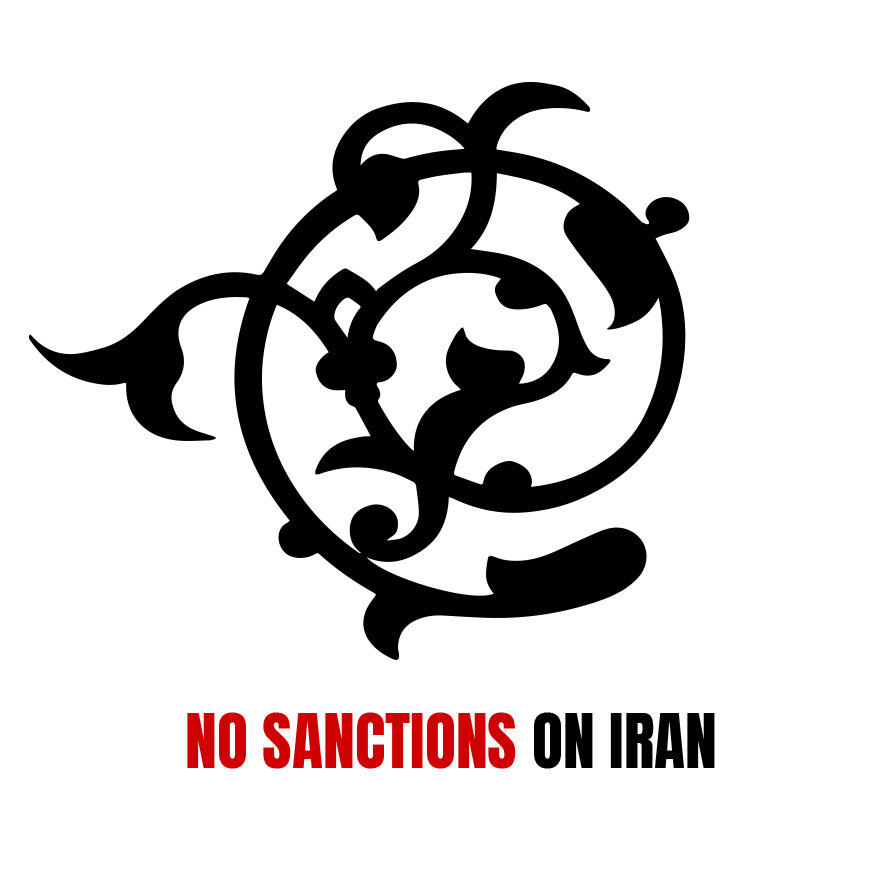Debunking Myths
What are Sanctions?
What are sanctions? In theory, sanctions are measures to stop proliferation, human rights abuses, or "terrorism" But in practice, sanctions are collective punishment. They terrorize entire populations and do nothing to stop nuclear proliferation or human rights abuses.
Myth #1: Sanctions target the state and are aimed at helping the Iranian people
Fact: This dangerous myth prevails despite solid evidence from Iran and other targeted nations showing the vulnerability of citizens and the durability of states in the face of sanctions. States have access to resources and are also able to divert resources from their populations in order to withstand the pressures of sanctions, ordinary citizens do not. As a result of the US sanctions, Iranians have seen their cost of living skyrocket as their incomes plummet and they have been barred from accessing many of the basics of doing business in a global economy.
Myth #2: The Iranian people support sanctions
Fact: Iran is a diverse country of nearly 82 million people with a similarly varied diasporic population spread throughout the world. Certainly there are diaspora Iranians who openly advocate for sanctions and there may be some inside the country who do so as well, but any claims to justify crushing sanctions on behalf of the Iranian people should be treated with extreme caution. Even the few loud voices who claim to promote sanctions on behalf of Iranians do not deny the devastating impact on the Iranian economy.
Myth #3: Food and medicine are exempt from sanctions
Fact: For Iran to purchase and import medicine and food from abroad requires that it participate in commercial and financial transactions with banks and companies outside the country. However, Iran’s Central Bank is sanctioned, and the fear that transactions with Iran will trigger secondary sanctions or other difficulties has deterred business with Iran even on exempt categories of food or medicine. Furthermore, there is both a cap on exempt purchases and exceptions to exemptions, with certain life-saving medicines and medical instruments barred for purchase.
Myth #4: Sanctions are a nonviolent alternative to war
Fact: Sanctions are neither non-violent nor an alternative to war. Sanctions bring great suffering to ordinary citizens and are an insidious form of warfare by another name. Various forms of sanctions imposed on countries such as Afghanistan, Libya, and Iraq led to or exacerbated humanitarian crises. All of those countries were eventually bombed after years of sanctions.
